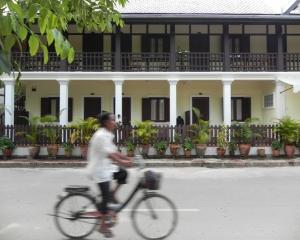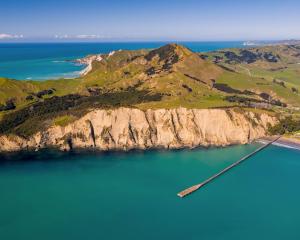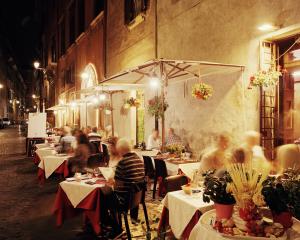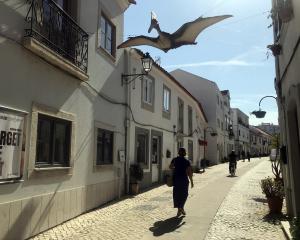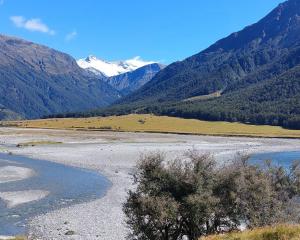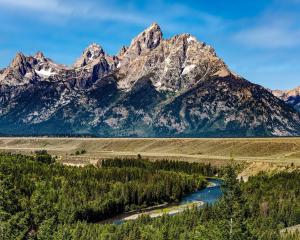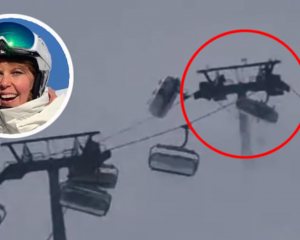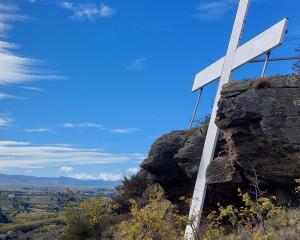
THE TRIP — Distance: 1308km (813 miles); mode of transport: car; difficulty: easy. 1 Nashville music museums: Get the lowdown on the city’s musical heritage at the Country Music Hall Of Fame & Museum and the National Museum of African American Music; 2 Stax Museum of American Soul Music, Memphis: Built on the site of Stax Records, with displays documenting how soul music took shape; 3 Ground Zero Blues Club, Clarksdale: Top live blues and R&B in a comfy bar/restaurant; 4 Blue Moon Saloon, Lafayette: Cajun music headquarters, with great beer and live shows; 5 Frenchmen St, New Orleans: This lively street hosts a back-to-back array of marvellous live-music venues.
Road-trip through a musical wonderland, where museums, live venues and historic sites offer a joyful and insightful window into the Southern United States’ culture and history.
For anyone who loves music, the journey from Nashville to New Orleans might just be the most rewarding, exciting and spiritually enriching road trip imaginable: you get to experience music that changed the world in the very regions where it took shape. Nashville, Tennessee, nicknamed "Music City", is both the epicentre of country music and the home of many other genres — indie and Southern rock, rap, R&B, blues, electronic, jazz. It’s the perfect place to begin a journey through American music. Nashville is an easy place to engage with Southern culture, with honky-tonk bars, superb concert halls and some outstanding museums: the majestic Country Music Hall of Fame and Museum explores the development of music (country and beyond) and of the Grand Ole Opry radio show; the National Museum of African American Music covers everything from spirituals to rap. There’s a great restaurant scene, too: East Nashville is packed with hip hangouts. The I-40, known as the "Music Highway", runs from Nashville to Memphis and, as you drive it, signs announce the names of icons who settled or were raised in this fertile region: Tina Turner, Loretta Lynn, Johnny Cash and, of course, the King: Elvis Presley. Elvis was born in Tupelo, Mississippi, and moved to Memphis as a child. Aged 18, he made an impression on Sam Phillips, owner of Sun Studio and Sun Records, a tiny label focused on recording blues. The recordings Phillips and Presley began making in 1954 would ignite a cultural revolution, and today you can tour both Sun Studio and Elvis’ sublimely kitschy Graceland mansion. Elvis achieved so much so quickly, yet died aged 42; visiting Sun and Graceland might inspire contemplation on creativity, celebrity and the pressures and loneliness that vast fame and wealth impose. It’s hard not to wonder whether your own soul would rise or shrink when confronted with what Elvis encountered. Speaking of soul, South Memphis hosts the Stax Museum of American Soul Music. Built on the site of Stax Records, the label that introduced Otis Redding to the world, "Soulsville" emphasises the strength of the spirit, how community and friendship can bring people together to work for change and unity. This story is further developed at the Memphis Rock ’n’ Soul Museum over on Beale St, where displays highlight how African-American and white music mingled in the Mississippi Delta. A few blocks away is still-functioning Royal Studios, where Al Green cut all his hits. Green now leads Memphis’ Full Gospel Tabernacle church — drop by to attend a Sunday morning service and he might be in the pulpit, preaching and singing gospel.
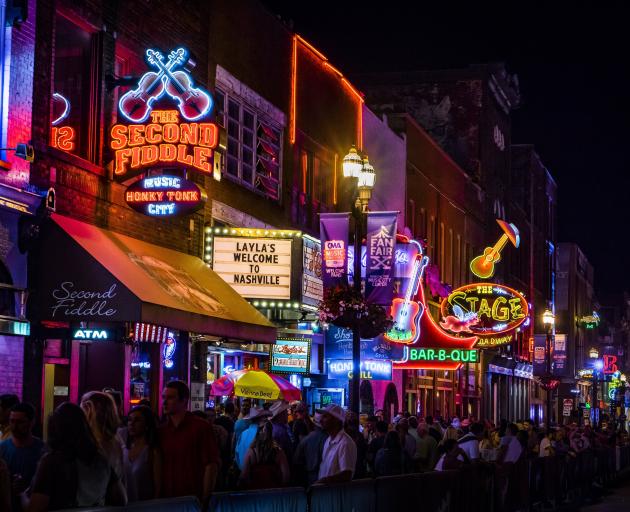
The Mississippi blues
Driving south of Memphis sees you enter Mississippi, a state once notorious for murderous Ku Klux Klan racists. Travelling through these flat lands may prompt often-challenging reflections on the struggle between love and hate, justice and barbarism — and the brutality and injustice that was allowed to reign here. There are no easy answers, but Clarksdale, a former cotton-growing town a little over an hour’s drive from Memphis via the legendary Hwy 61, demonstrates how music can bring people together and heal divisions. Clarksdale is famous for once having been home to celebrated musicians Robert Johnson, Ike Turner and Sam Cooke. Today, this sleepy town is a blues mecca; some say it’s home to the mythic crossroads where a devilish bargain was struck in Johnson’s famous Cross Road Blues. Ground Zero Blues Club puts on top blues and R&B artists; if you want an authentic juke-joint experience drop into the truly unrefined Red’s. Roger Stolle, owner of the Cat Head store — where you can buy Mississippi records, books, folk art and much else — notes that "for me, Clarksdale is the closest you can get to the heart of the blues. The history is amazing here, the people are like characters in a novel and the music is truly alive". Because Clarksdale has live blues 365 nights a year, and over a dozen annual festivals, our rustic little downtown has come back. Clarksdale is home (appropriately) to the Delta Blues Museum — look and learn — and Quapaw Canoe Company, which offers guided canoe trips on the Mississippi River; taking to the water is a great opportunity to unleash your inner Huck Finn. An hour’s drive south takes you to Indianola, another quiet town with a mighty blues history — here is the BB King Museum and Delta Interpretive Centre. Honouring native son Riley "Blues Boy" King, this new museum digs deep into Mississippi history (good, bad and ugly) and allows for meditation on how, via blues, Riley became an ambassador not just for African-American culture but human creativity and dignity.
Cajun country, Creole flavours
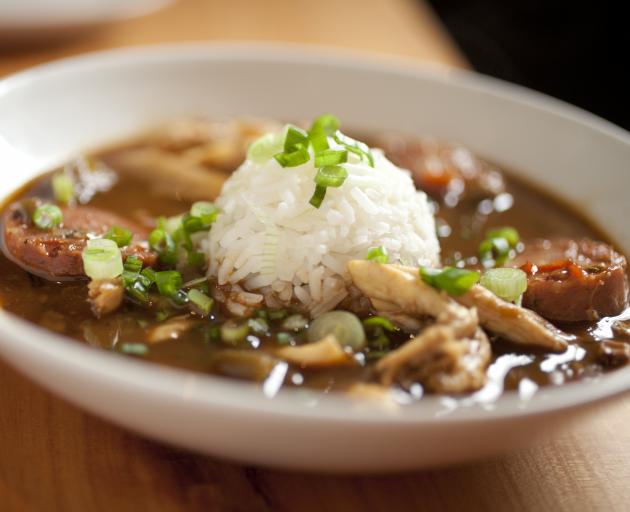 Chicken gumbo with andouille sausage.
Chicken gumbo with andouille sausage.

From Indianola, the highway takes you southwest, through the flat, alluvial plains that once produced (via enslavement, then sharecropping) much of the world’s cotton, crossing into Louisiana and arriving in Lafayette. This is Cajun and Creole country: Cajuns are the descendants of French settlers who were expelled by the British from Canada, arriving as refugees in Louisiana (then a French territory); Creole peoples can trace their mixed heritage to 18th-century French and Spanish colonists, African-Americans, white Louisianans and Native Americans. Lafayette’s live-music scene is stunning: head to the Blue Moon Saloon and the Hideaway on Lee to hear fiddle-led Cajun music, accordion-infused zydeco and R&B-flavoured swamp pop. While everyone in Lafayette speaks English, this Francophone community is the perfect place to delve into Louisiana’s unique culture. Many here are proud of their blended heritage — from language and music to food: gumbo and jambalaya are delicious local dishes. Here you are in the USA, but outside mainstream America — it’s a good place to think without borders. Lafayette musician and broadcaster Roger Kash says: "Lafayette has deep culture with traditions that have been observed for well over a hundred years — and more great local music per square foot than anywhere else. The level of musicianship is astounding and the youth keep the traditions alive! It’s a truly unique place. And don’t get me started on the food — the best cooks in the US by far!"
The Big Easy
The drive from Lafayette to New Orleans is stunning, crossing mighty swamps full of cypress trees dripping Spanish moss, on a journey both beautiful and atmospheric. As is New Orleans, the city where jazz was born — local icons include Louis Armstrong, Professor Longhair, Dr John and Irma Thomas. Here, live music echoes from streets and bars day and all night, and there are sensual pleasures aplenty: music, food, drink, festivals, carnivals and partying. The notorious Bourbon St is jammed with raucous bars and best avoided; instead, head to Frenchmen St, where a rich array of venues host local artists (jazz, funk, blues, folk) of a very high calibre. As its Big Easy nickname suggests, New Orleans is a city that encourages visitors to slow down and taste life’s sweetness. Engage with the remarkable cultural life all around you and, while doing so, you might just learn a few things about yourself.
Musical melting pot
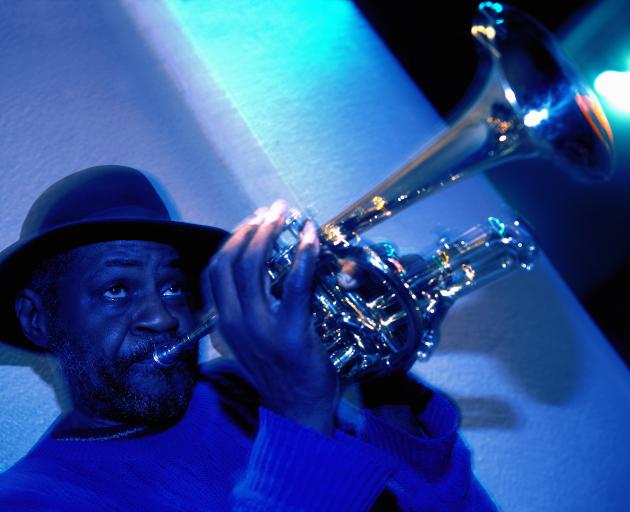 A street musician plays in New Orleans.
A street musician plays in New Orleans.

American music in all its myriad forms sprang from a collision of cultures as European migrants, African-Americans, Native Americans and Mexicans all found themselves sharing the same landmass and hearing one another sing, play and dance. Food and music cross borders more fluidly than any other human creations, thus a true melting pot of sounds and flavours got under way across the South. The creation of blues, gospel, jazz, country, soul, funk, zydeco, bluegrass, rockabilly and rap all share the same mixed heritage, even if they took shape in communities often divided by racial and religious differences. It’s a testament to America that the vernacular music of the nation’s most marginalised peoples became the true sound of the USA — and is beloved (and copied) across the world. Travelling through the South with ears, mind and heart open offers a road towards wisdom — this is a land where songs serve as teachers.
Practicalities
Region: Tennessee/Mississippi/Louisiana, USA
Start: Nashville Finish: New Orleans
Getting there and back: This is a road-trip and is best experienced by car or motorbike. That said, Greyhound buses link all the major centres, and Amtrak trains run between Memphis and New Orleans.
When to go: The South’s musicians play year-round. From May to mid-September the region gets very hot, but air-con keeps venues, restaurants, museums, hotels and so forth accessible. Winter can be cold and wet. Music- and food-themed festivals are held throughout the region across the year.
What to take: Waterproof boots: when it rains in New Orleans, it pours. You’ll also need lots of light clothing — outside of winter, the South is sultry.
Where to stay: Accommodation ranges from five-star hotels and boutique options to strip-mall chains, hostels and Airbnbs, all widely available. If your trip coincides with a major festival, book city accommodation in advance, and expect spiked rates.

Tours: Quapaw Canoe Company (island63. com) offers guided Mississippi River trips.
Essential things to know: All big US cities have high crime rates, so stay alert, take taxis to and from unfamiliar neighbourhoods and leave valuables securely at your accommodation. Carry a driver’s licence or another form of photo ID — music venues are often strict about "carding".
The book
Your Trip Starts Here by Lonely Planet, RRP $44.99.

